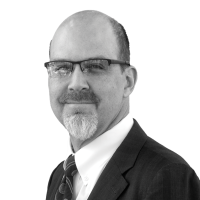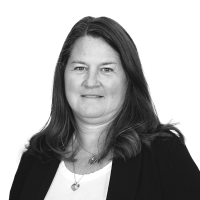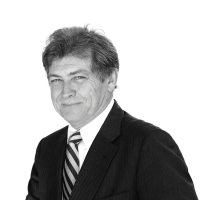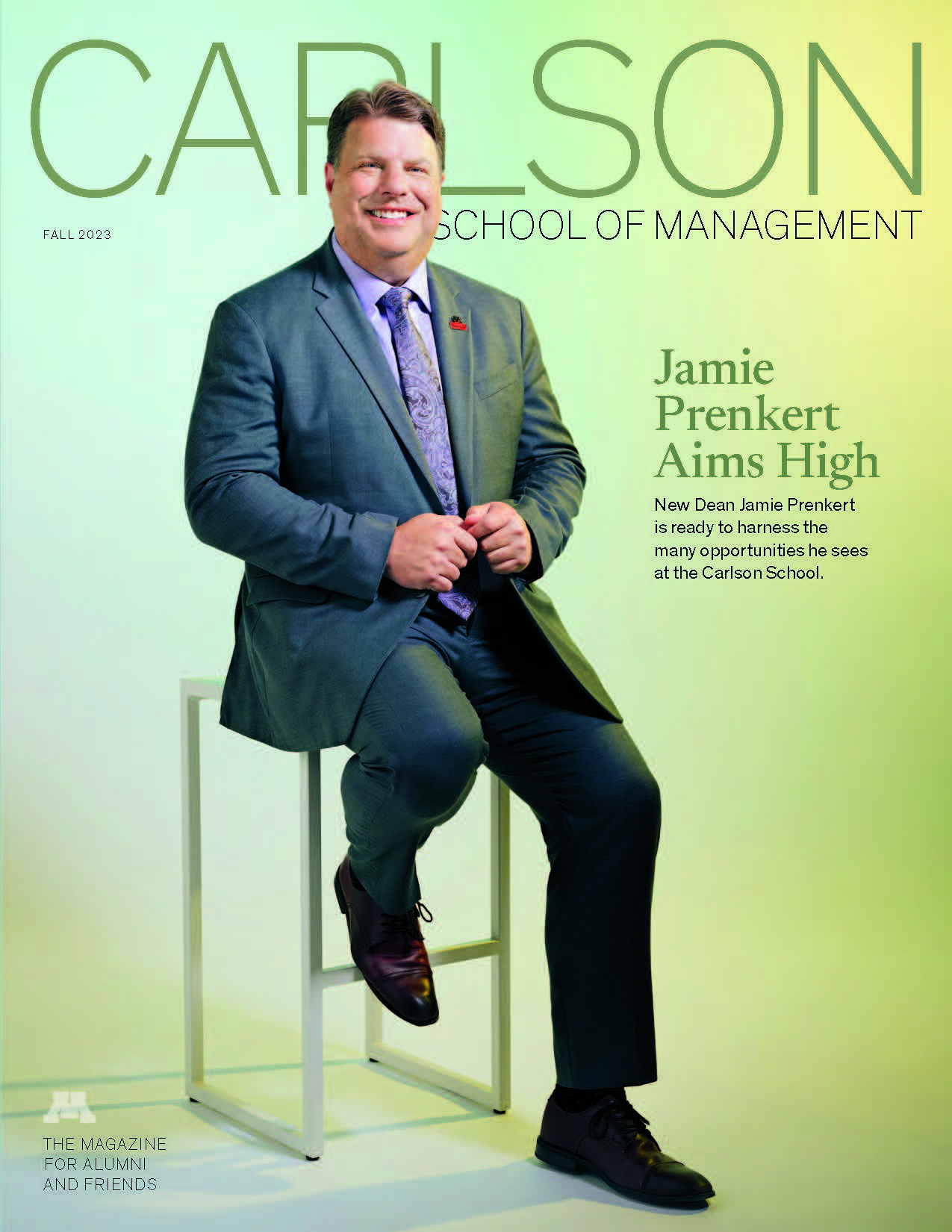
MILI Valuation Lab: Carlson School Lab Influences Med Tech
Friday, October 13, 2023
By Bridget Burnham
The goal was simple, yet audacious: “Marshal students from diverse disciplines to scrutinize, evaluate, and advance groundbreaking medical technologies,” says Carlson School Professor Stephen Parente. Achieving the goal has required more perseverance than anyone expected. But, 15 years, five cities, four countries, and hundreds of projects later, the results for students and health care companies are exceeding anyone’s expectations.
Parente is an economist by training with deep expertise in health finance and policy. His career has consistently focused on one overarching problem: “Healthcare innovation is at a crossroads, and it’s critical to bridge disciplines to maximize potential breakthroughs,” says Parente, who is also the associate dean of global programs.
With the Carlson School nestled in Minnesota’s Medical Alley, a global hub for medical device development, Parente saw an opportunity for his students and these companies.
The result: The Carlson School’s Medical Industry Leadership Institute (MILI) Valuation Lab.
How the Lab Works
The short version is that students engage with prominent healthcare and technology organizations, using top-notch collaboration and sharp analysis skills to judge whether a company’s fresh concept is market-ready.
It may sound familiar, but there are small, important changes that make the Val Lab, as it is popularly known, unique. One is by using interdisciplinary teams, combining perspectives from nine different schools at the University of Minnesota.
“We have full-time students, part-time students, business, engineering, and medical students, and more,” explains Jessica Haupt, MILI’s managing director. “This rich diversity cultivates a fertile ground for out-of-the-box thinking and a truly innovative approach to addressing medical industry challenges.”
Students, who may take the two-credit, graduate-level elective course multiple times throughout their degree program, sign a non-disclosure agreement for what they’ll learn.
That’s because they gain insider access to cutting-edge tech, aiding global powerhouse companies in deciding if a new device or technique is worth their investment—or the world’s. That life-changing medical implant? It might’ve hit the market only after Val Lab students sifted through the data and context, giving it the green light.
The lab allows students to examine technology from a kaleidoscopic vantage point and learn the industry’s intricacies. The course is thoughtfully structured to encapsulate the complex journey of evaluating a medical technology project. It begins with a deep dive into each case, allowing students to grasp the technology’s premise and potential impact fully. From there, they conduct thorough research and analysis, evaluating the project’s potential from every angle—technical feasibility, market viability, financial implications, and legal considerations.
With a team of students from different disciplines, each evaluation becomes a rich exchange of ideas and viewpoints.
“It’s like assembling a jigsaw puzzle with pieces from different sets,” Haupt says. “Each perspective brings a unique edge, and it’s in bringing them together that we get a comprehensive picture."
Each semester, students delve into three distinct cases. Working on three analyses consecutively familiarizes them with the nuances of different projects and ingrains in them the comprehensive evaluation process, priming them to become future medical industry leaders. It also puts them head and shoulders above other job candidates and influences how they work inside their roles, says Lab Director Mike Finch, who’s taught there since its inception. “It is reflected in how they ask questions, draw connections, and prepare themselves. It’s incredibly rewarding to see the transformation unfold.”
Today, the Val Lab completes 30 to 40 projects each year, working tirelessly to shape the future of medical technology. Projects span from Minneapolis to Shanghai, Stockholm to Palo Alto, and most recently to Cambridge in the United Kingdom. Reflecting on the lab’s future, Parente envisions an innovation investment pipeline and alumni becoming their own investor group. “These students are creating an ecosystem and driving it themselves.”
From the Lab to Beyond
Dan's Development
Dan Gilbertson, ’12 MBA, a sales marketing professional with an international mergers and acquisitions (M&A) background from the automotive manufacturing industry, had a vision: to pivot into the medical device sector.
“I went all in on the MILI Valuation Lab,” Gilbertson says after taking the Val Lab three times. “The real-world experience of evaluating actual medical devices for investment was incredible as I worked to enter the industry.”
Gilbertson recalls working on a new cardiac device, assessing its market viability, potential societal impact, and healthcare policy implications. This comprehensive lens proved transformative, instilling a deep understanding of what is needed to bring a successful medical product to market.
Today, Gilbertson works for Medtronic at the forefront of the medical device investment as a leader on the corporate M&A team, following roles in strategy and M&A for the neuromodulation business and the European region. His unique experience and pragmatic decision-making, honed in the Val Lab, help him navigate the complexities of this rapidly evolving field with ease and efficiency.
“The skills I acquired at MILI didn’t just enable my transition; they redefined my approach,” Gilbertson emphasizes. “Whether evaluating a potential investment or contemplating a new strategic initiative, I do it with the comprehensive and in-depth understanding I cultivated at the MILI Lab.”
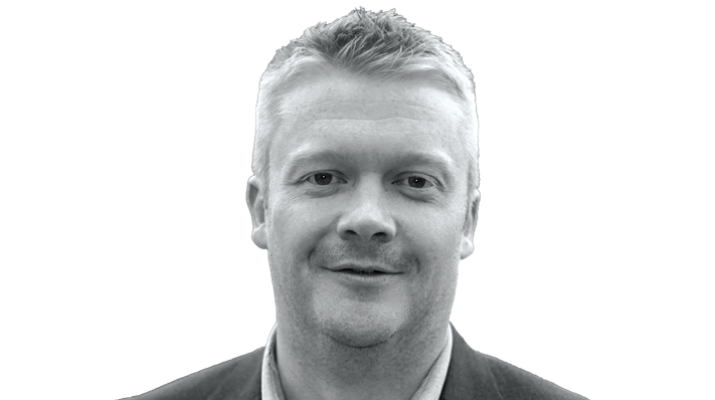
I went all in on the MILI Valuation Lab.
Archana's Ascent
Archana Desai, ’11 MBA, began her journey by fostering a deep appreciation for mission-driven organizations, particularly those dedicated to improving patient lives, through her work in finance at companies such as GE Healthcare. However, she yearned for growth and a broader understanding of the medical industry.
Enrolling in the MILI Valuation Lab was not merely an academic pursuit for Desai, but a significant leap toward adding a holistic understanding of the medical industry to her toolkit. “What you’re doing in that lab is not just looking at your silo,” she says. “It’s a hands-on approach to multidisciplinary evaluation.”
Today, Desai brings this lens to her role as director of strategy for Image-Guided Therapy Devices at Philips. She focuses on creating long-term growth strategies, fostering successful technology adoption, and partnering to bring more holistic solutions for patients.
“MILI’s comprehensive evaluation approach equips you with the confidence to ask the right questions,” Desai says. “It enabled me to stay objective internally, even when an end goal is in sight.”
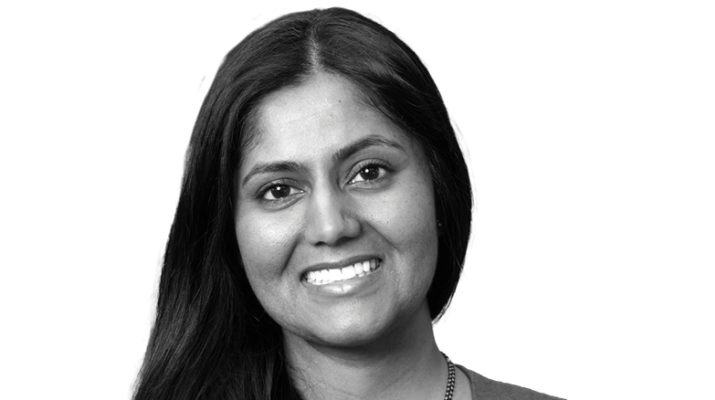
It’s a hands-on approach to multidisciplinary evaluation.
Beth's Breakthrough
Beth Lindborg, ’12 MBA, started her professional career as a research scientist after graduating from the University of Minnesota’s Molecular, Cellular, Developmental Biology and Genetics Program. As her career progressed, Lindborg recognized the value an MBA could provide in bringing scientific innovations to patients and was naturally drawn to the MILI Valuation Lab.
Lindborg took the project-based course several times to obtain more exposure to different medical technologies and understand the challenges each poses. “It was the first time that I had the chance to collaborate with individuals with a wide range of professional backgrounds and expertise,” Lindborg says. “This gave me different viewpoints and perspectives I wouldn’t have gained without taking the course.”
As the CEO of Sarcio, Lindborg has utilized the full range of expertise, experiences, and network from the MILI program. “At Sarcio, we are working to bring a completely new regenerative treatment to people suffering from osteoarthritis. MILI helped equip me with some of the tools and knowledge I need to progress the company.”
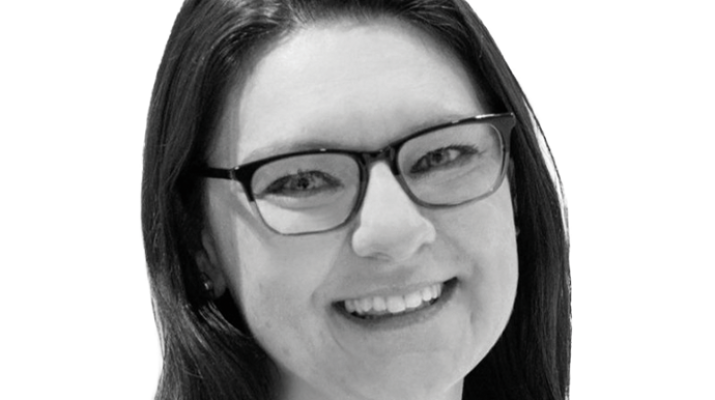
It was the first time that I had the chance to collaborate with individuals with a wide range of professional backgrounds and expertise.
